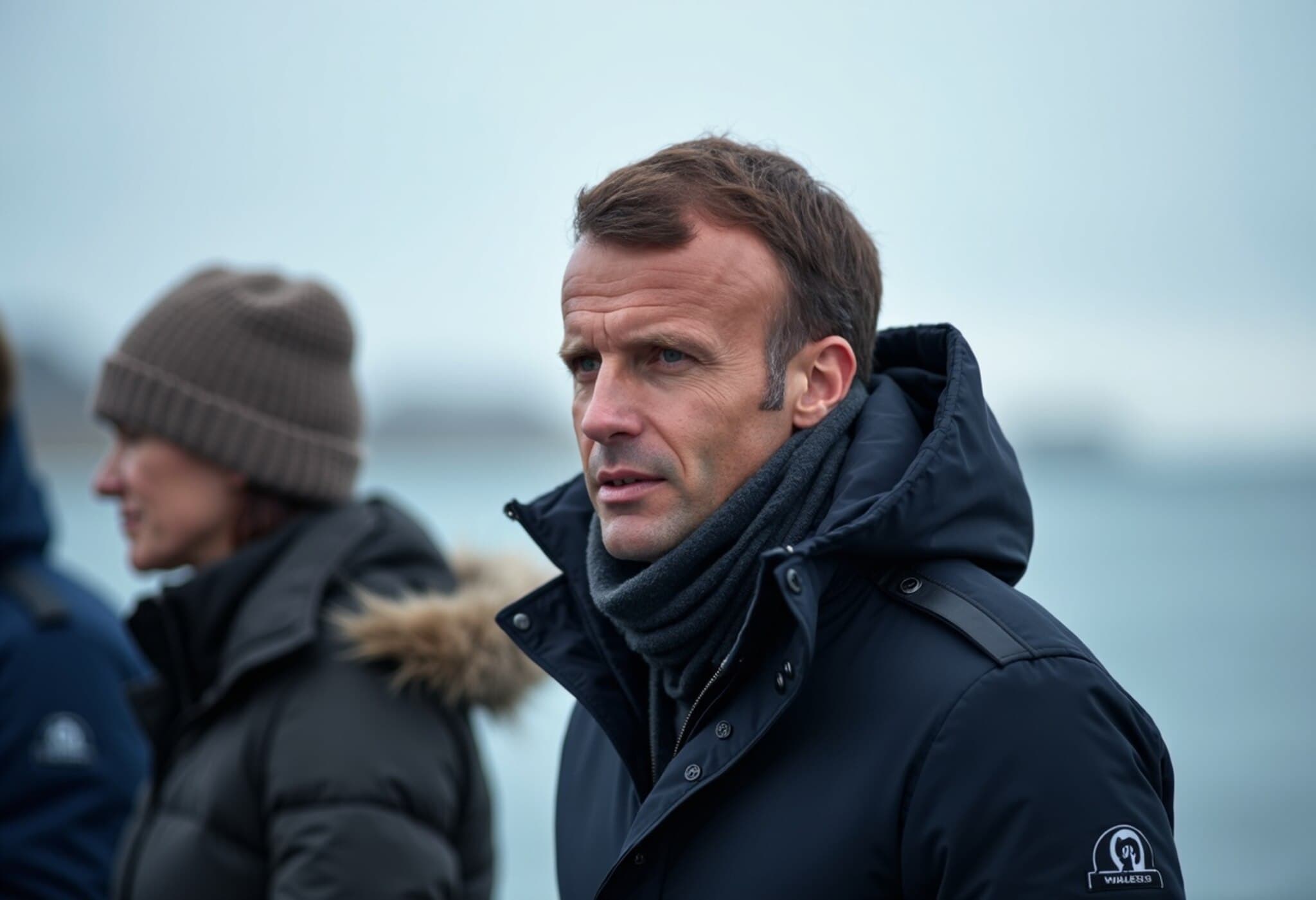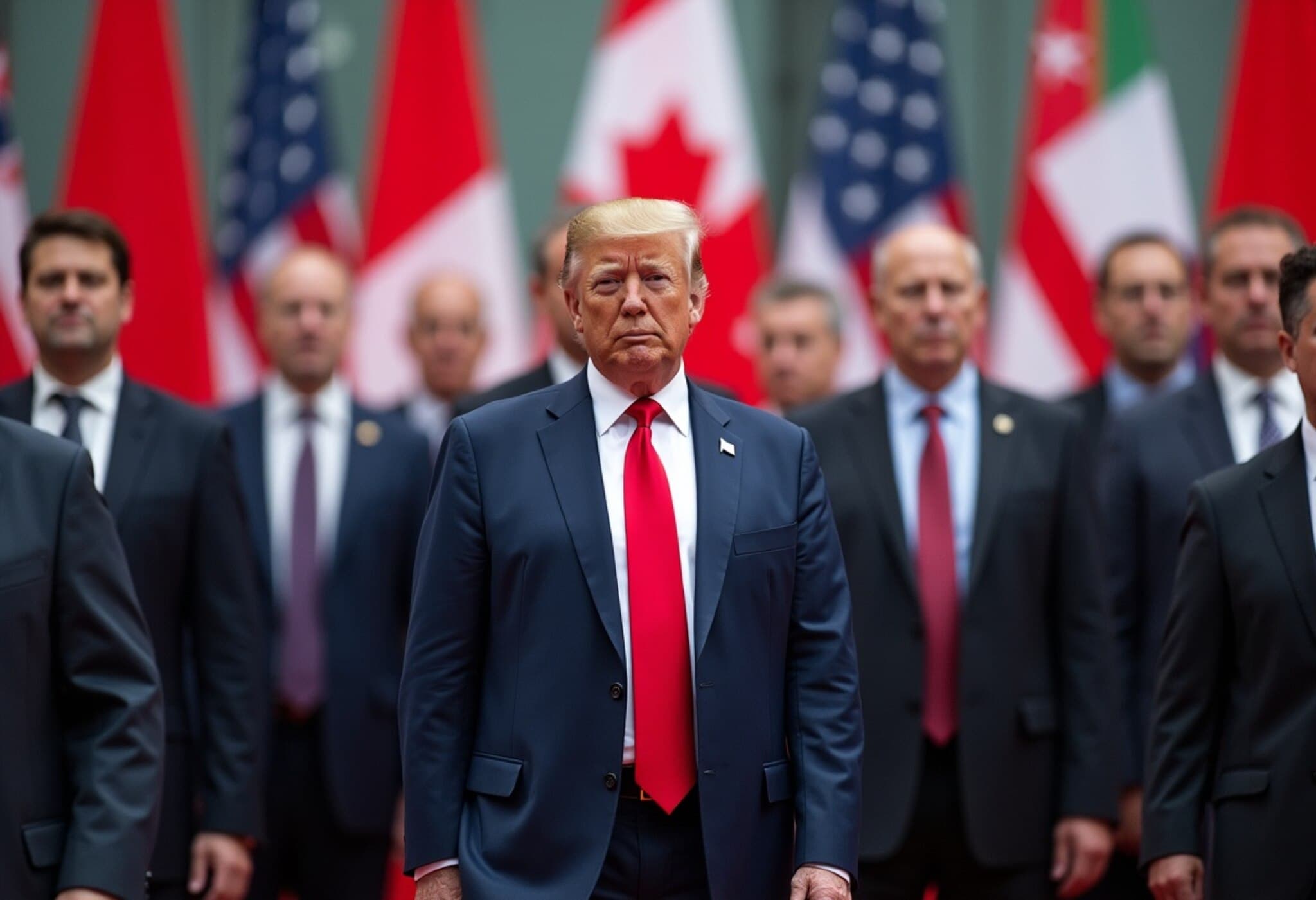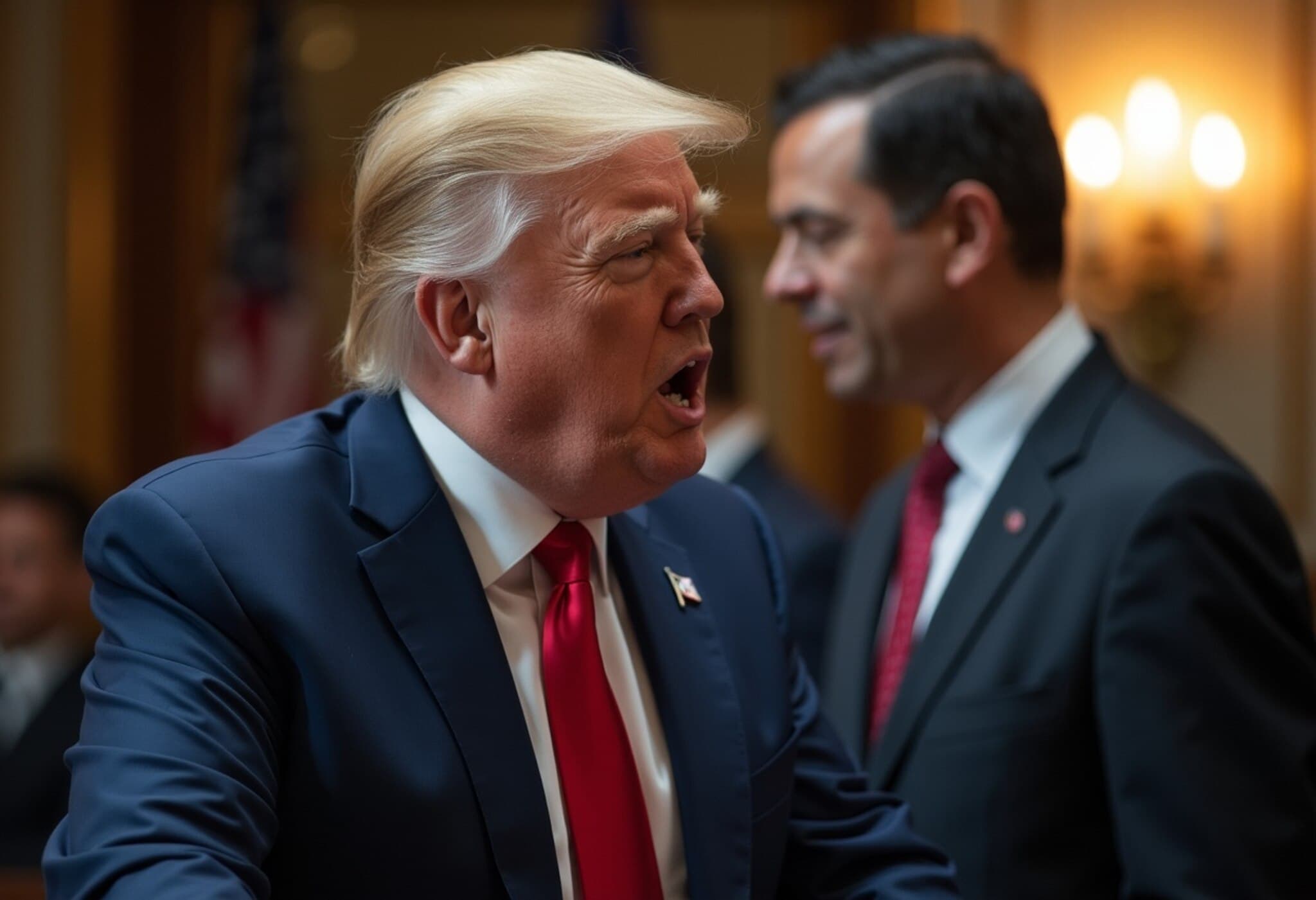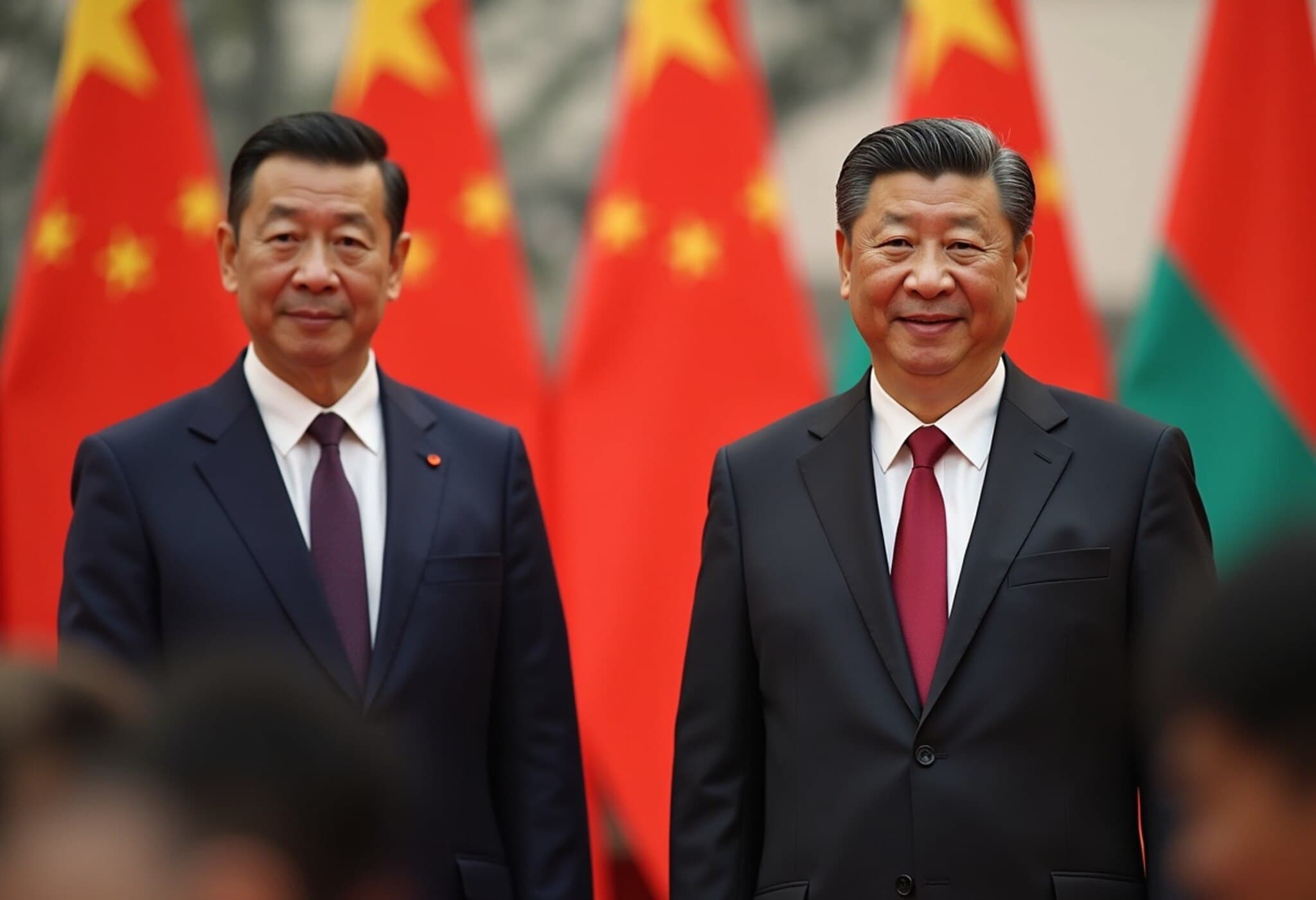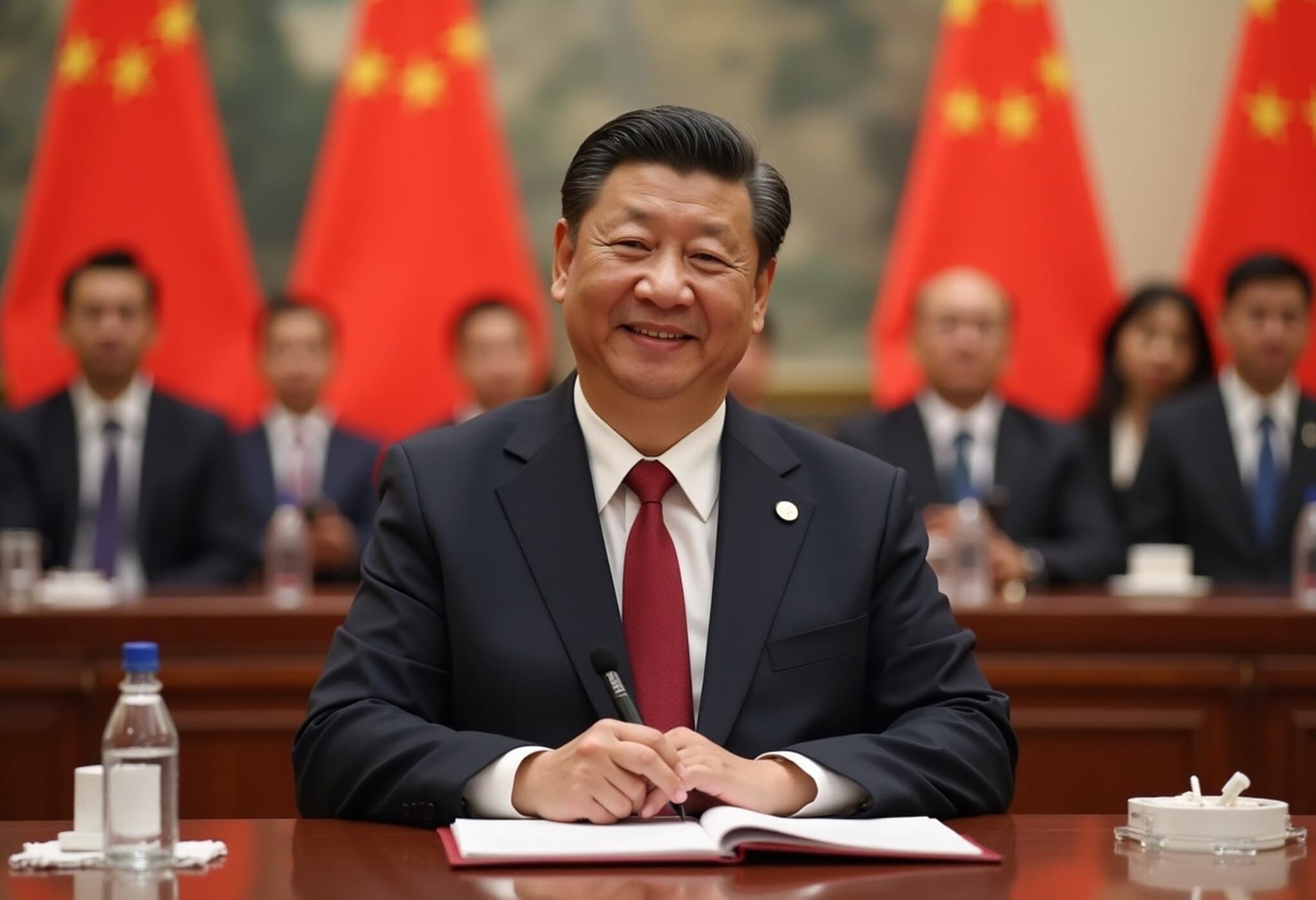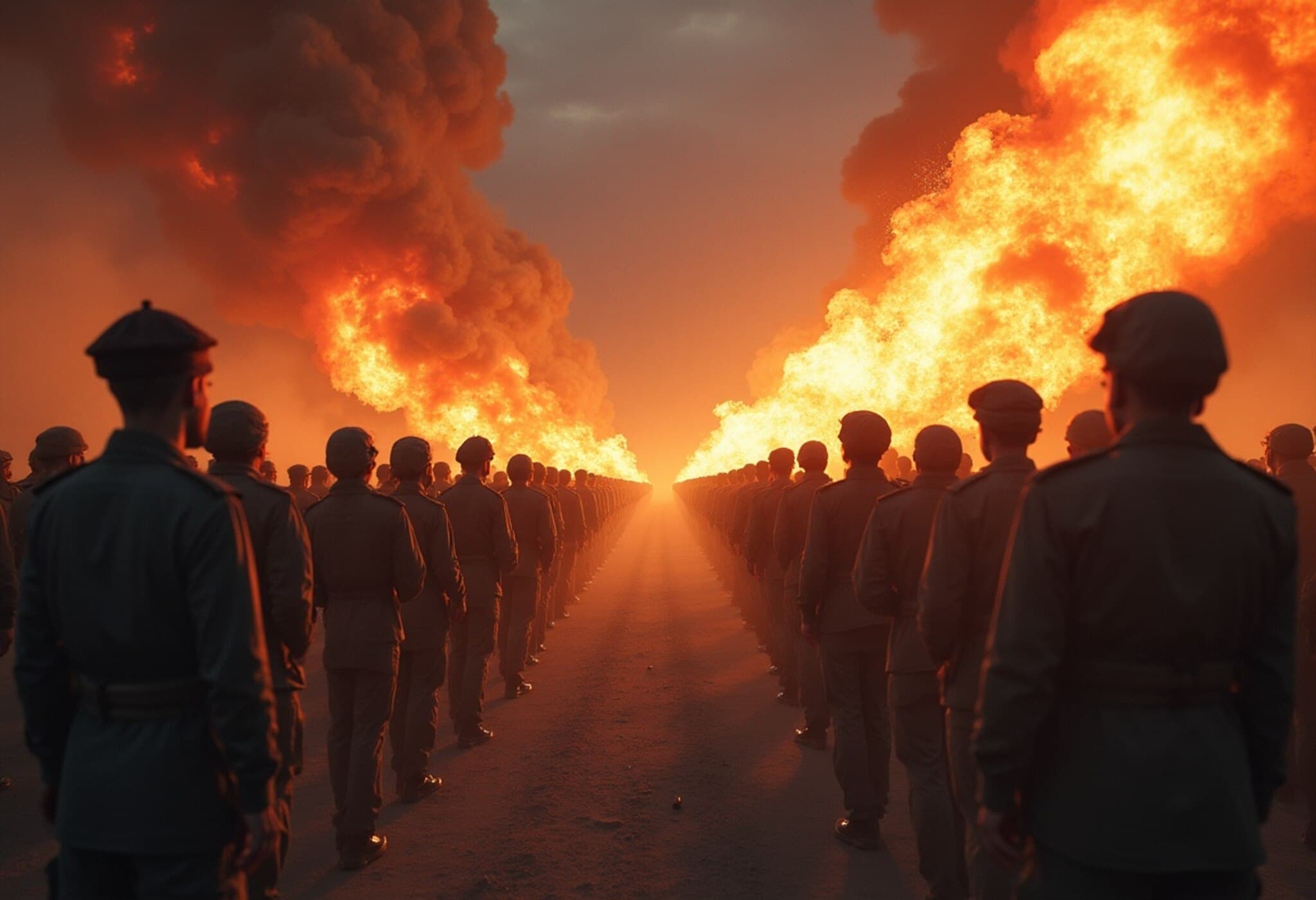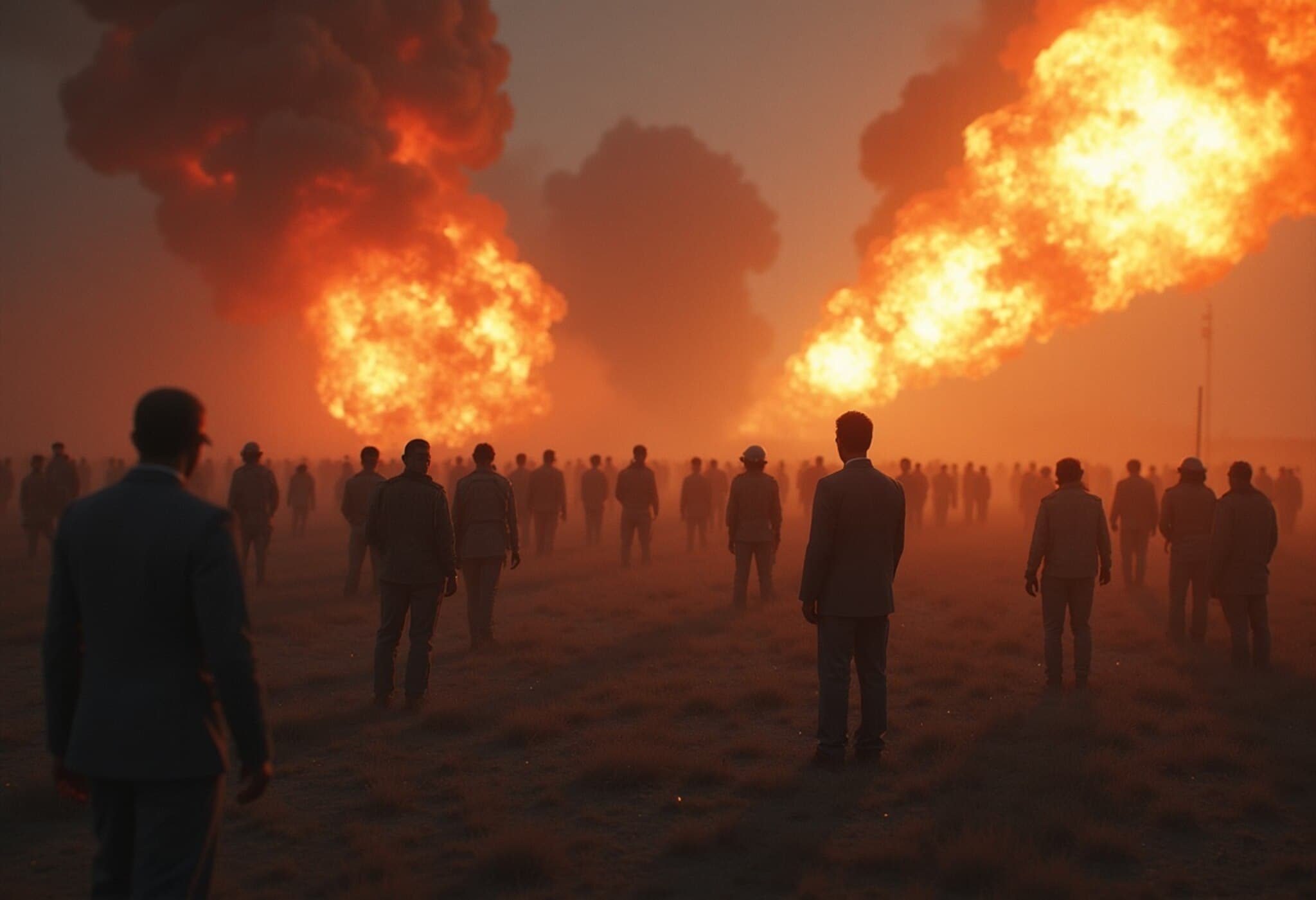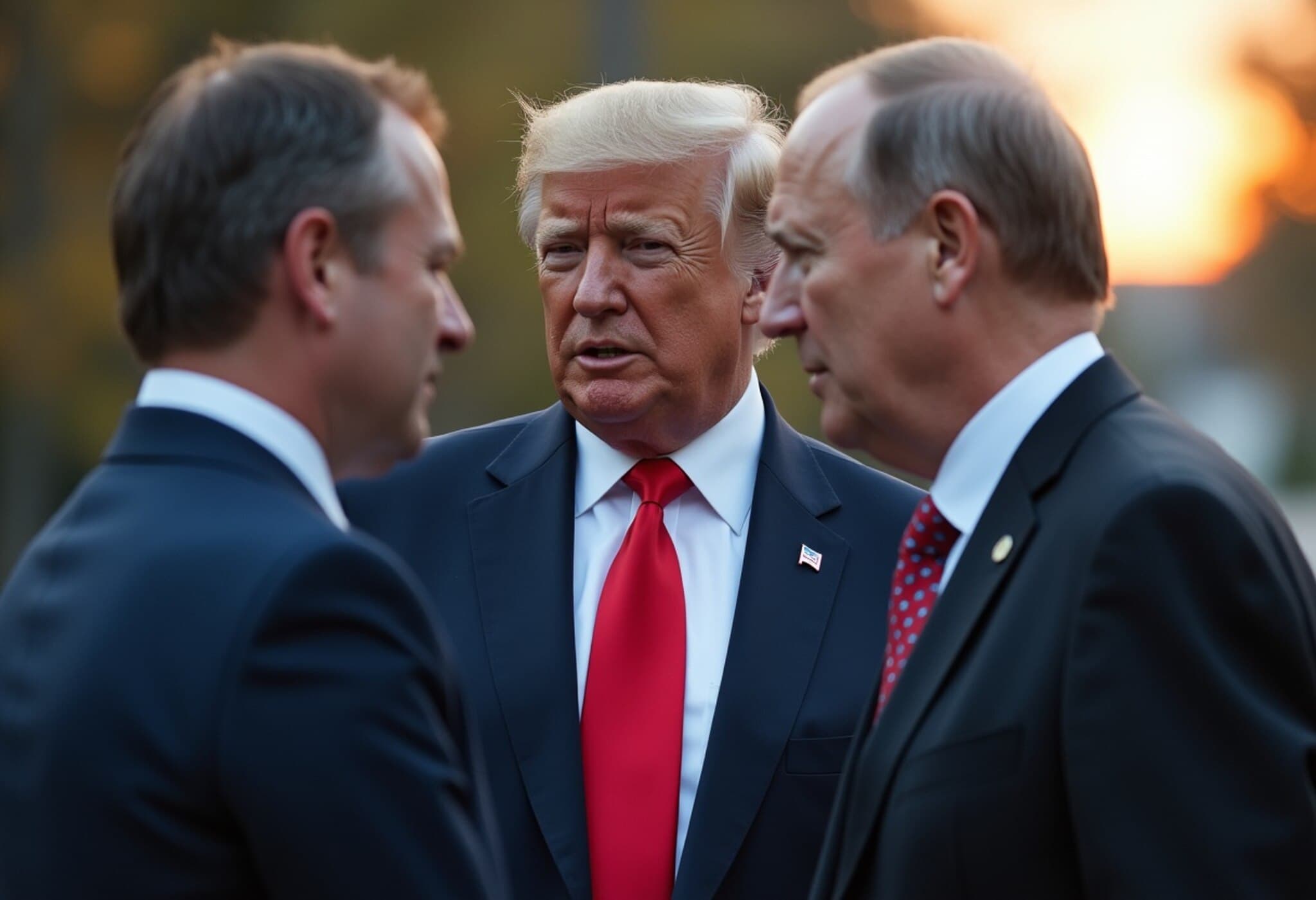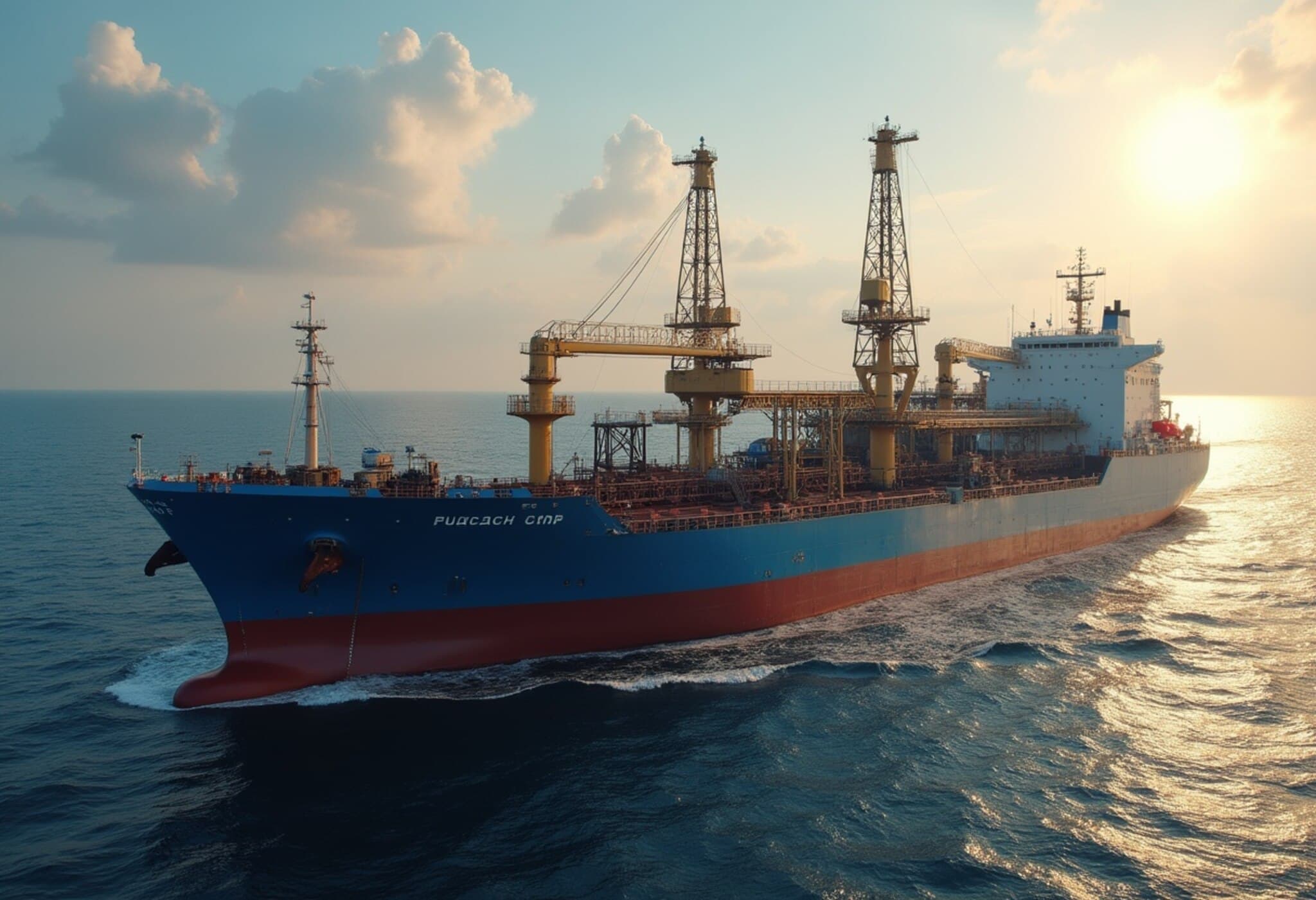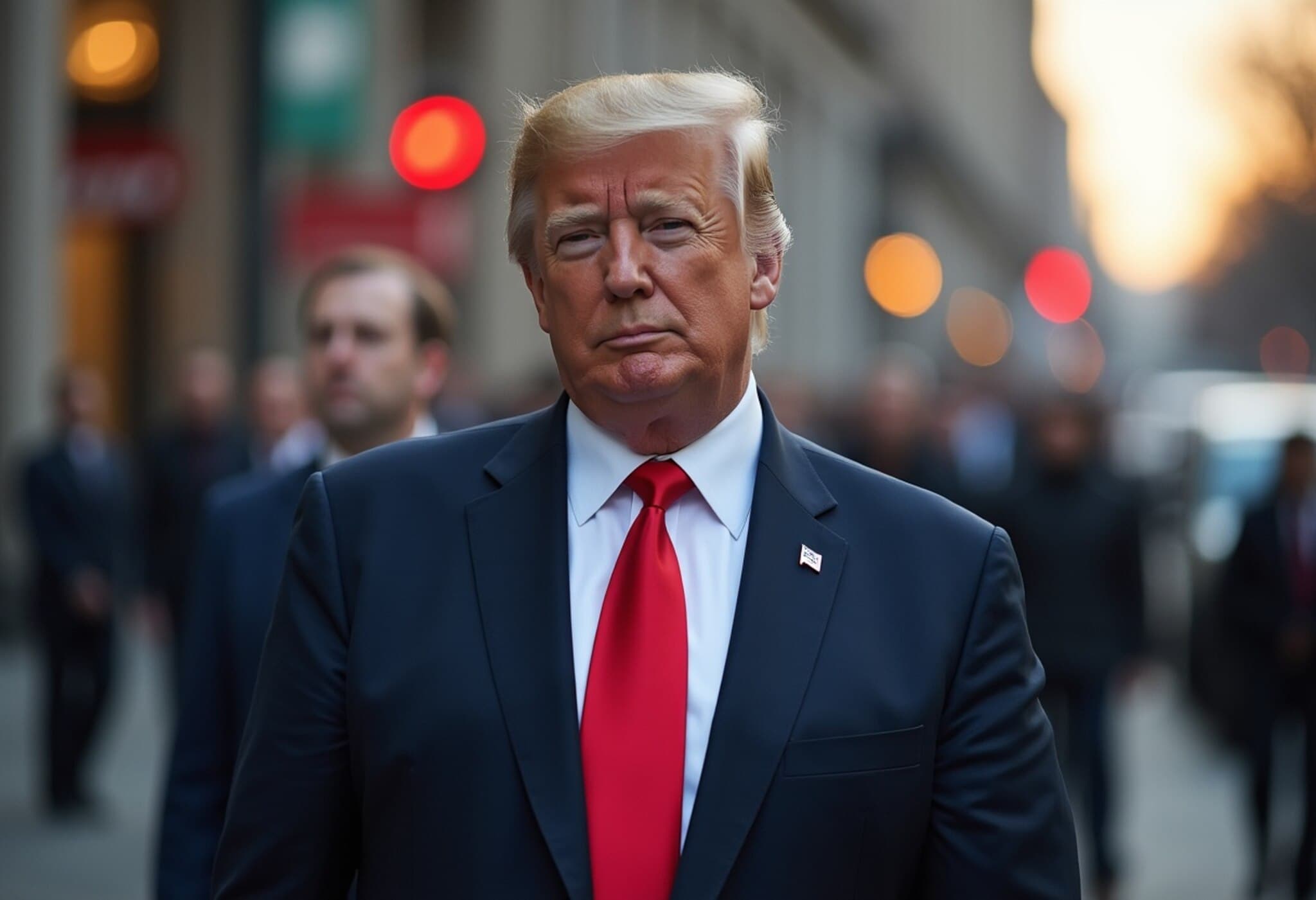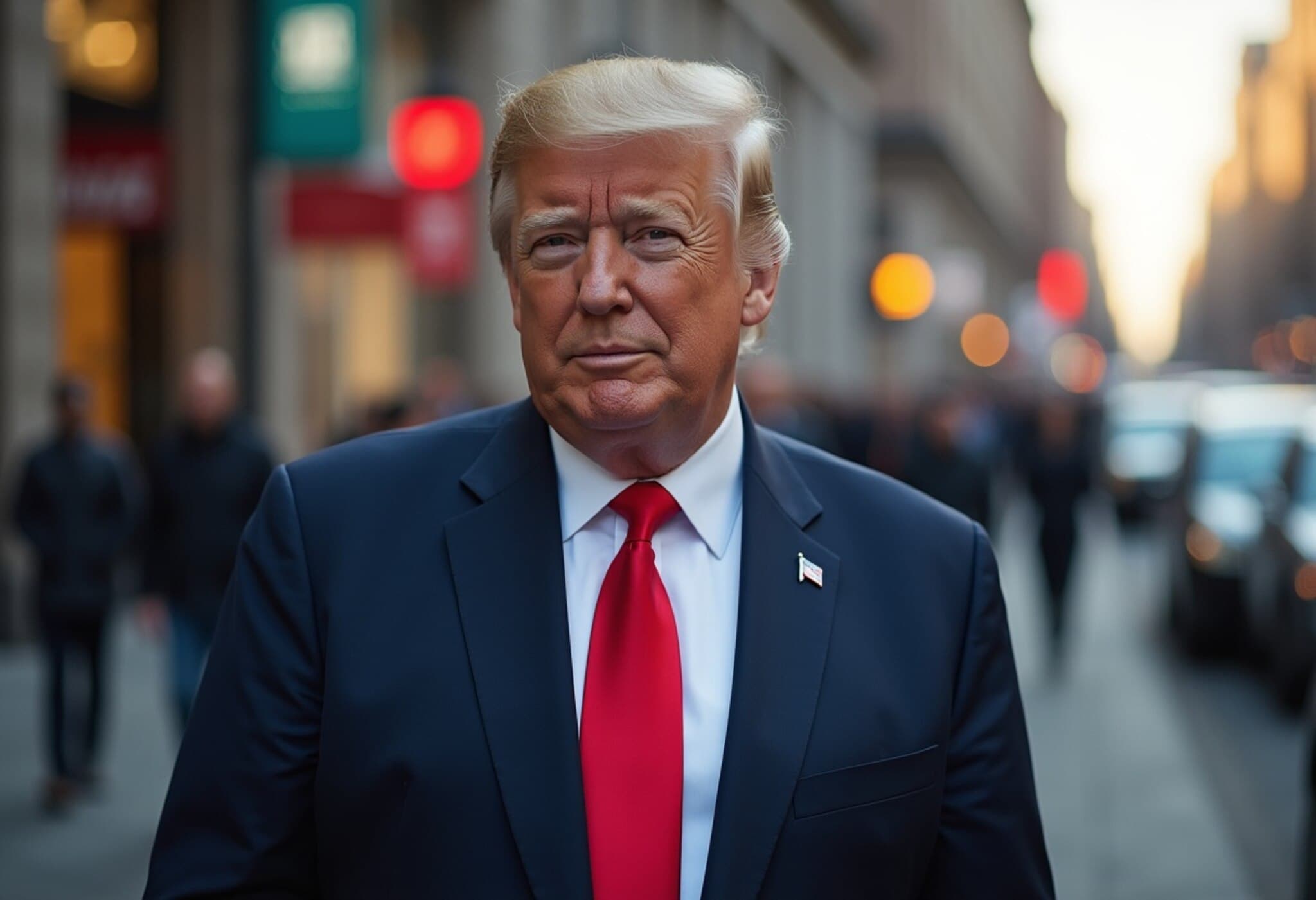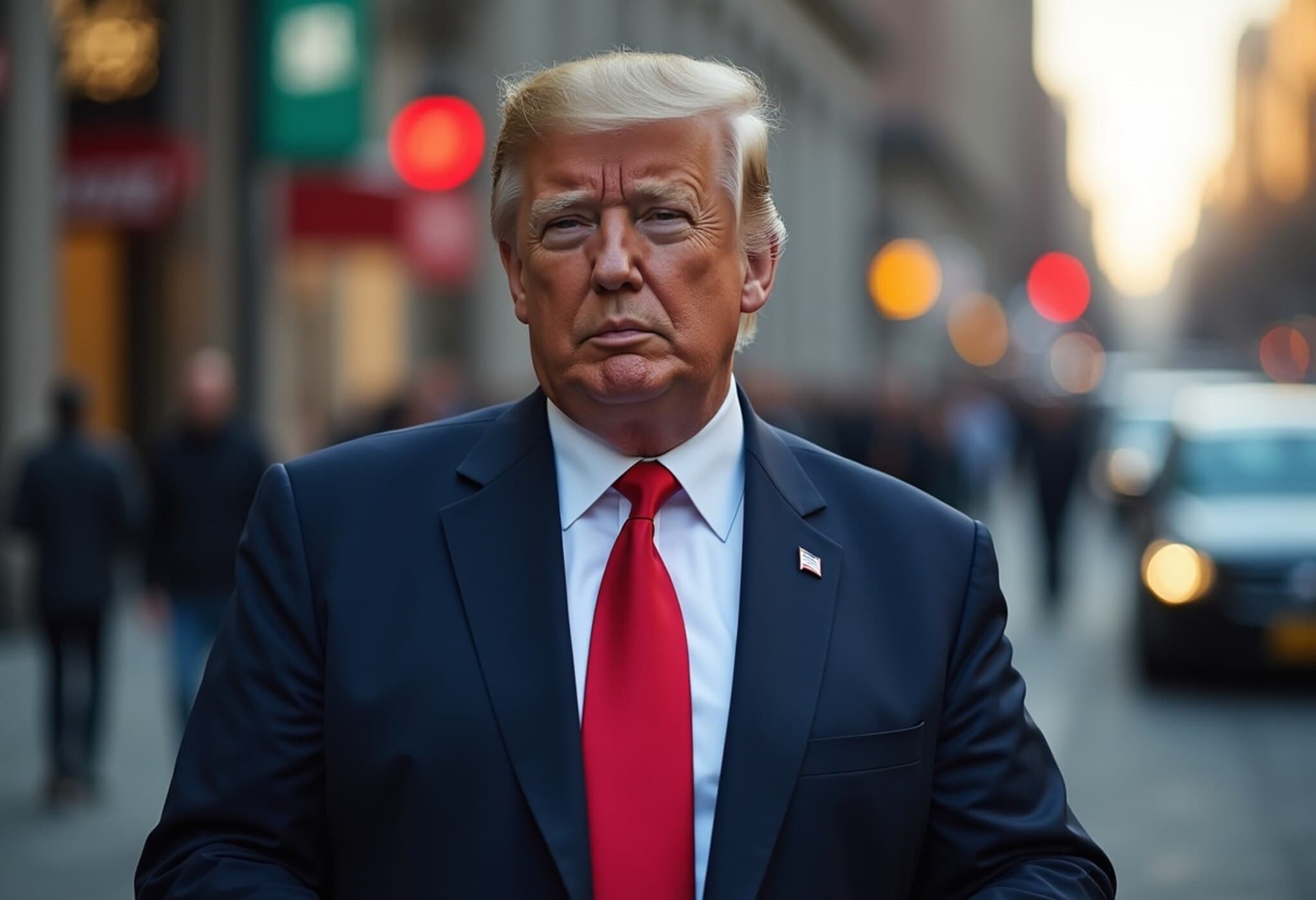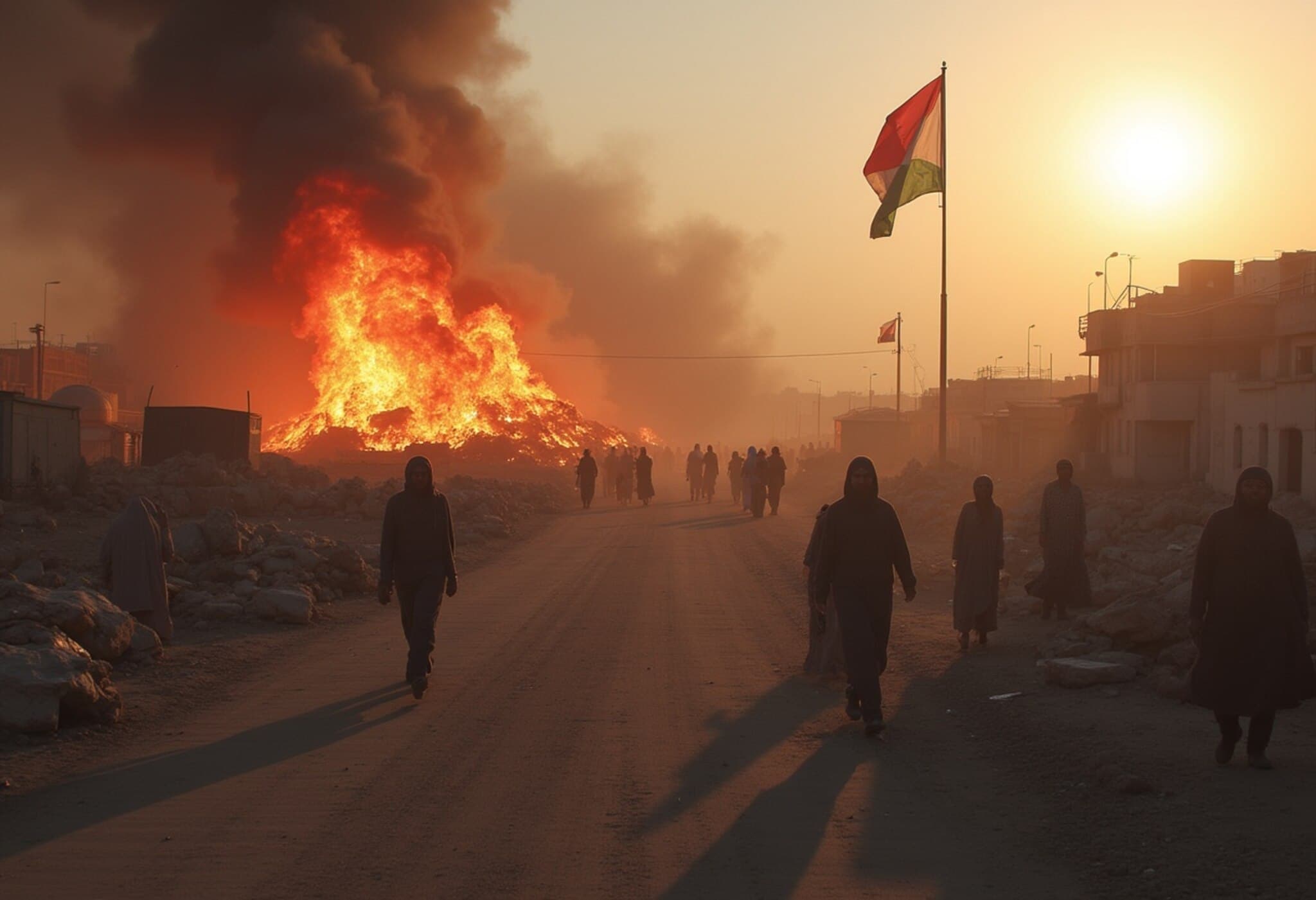UN-Russia Food Export Deal Ends Amid Tensions Over Sanctions
On July 12, 2025, Russia officially announced the collapse of its agreement with the United Nations to facilitate the export of Russian food and fertilisers, attributing the deal's demise to ongoing Western sanctions tied to Moscow’s military actions in Ukraine. Originally signed on July 22, 2022, the three-year pact was designed to ease global food supply strains by allowing Russian agricultural exports despite sanctions imposed by the US, EU, and allies.
Background of the Agreement
The UN’s landmark agreement with Russia was a rare diplomatic effort aiming to mitigate soaring global food prices caused in part by disruptions from the conflict in Ukraine. Although economic sanctions targeted many sectors of Russia’s economy, they explicitly allowed for the export of grain and fertilisers. However, the complexity and breadth of sanctions often had indirect chilling effects, causing transporters and insurers to withdraw or dramatically increase premiums due to fears of secondary sanctions.
Why the Deal Collapsed
Russian Foreign Ministry officials cited a “destructive line” taken by Western capitals, highlighting the increasing number and severity of unilateral sanctions as key reasons why the agreement failed to meet its objectives. Despite a collaborative effort between Russia and UN negotiators to craft a sanctions-compliant framework for insurance and financial transactions, Russia contended that the mechanisms were insufficiently protective against the inadvertent impacts of secondary sanctions.
One anonymous source close to the negotiations disclosed that fundamental disagreements between the parties have made renewal impossible. Although the deal was set to expire on July 22, 2025, this announcement confirms it will not be extended further at this time.
Broader Implications for Global Food Security
This development comes at a critical moment as global food markets remain fragile. Russia is the world’s largest producer of fertilisers, a key input for global agriculture, and interruptions to its exports risk exacerbating food insecurity worldwide, particularly in vulnerable regions already affected by climate stresses and conflict. The collapse underscores how geopolitical rivalries directly impact vital humanitarian and economic concerns on a global scale.
Related UN Initiatives and Ongoing Challenges
Besides this agreement, the UN brokered a separate deal in July 2022 aimed at facilitating Ukrainian grain exports. While this second pact was initially seen as more effective, Russia refused to extend it after it expired in July 2023, citing obstructions to its own agricultural trade. Together, these unraveling agreements highlight the broader stalemate in resolving food export blockades stemming from the Russia-Ukraine conflict.
Expert Commentary: Navigating Complex Sanctions and Diplomacy
From the perspective of international trade and sanctions policy, these developments highlight the challenges of crafting nuanced deals that must reconcile geopolitical tensions with urgent humanitarian needs. The difficulty lies in ensuring compliance with sanctions regimes while avoiding collateral damage to critical supply chains. As experts warn, the failure to renew such frameworks risks deepening food insecurity globally and complicates diplomatic efforts toward conflict resolution.
US and European policymakers now face increased pressure to either revisit their sanction strategies to allow more flexible humanitarian exceptions or to intensify diplomatic engagement aimed at conflict de-escalation to restore stable exports.
Looking Ahead: Can Dialogue Restore Food Export Channels?
While Russia’s foreign ministry indicated that talks could continue “for the sake of global food security,” the path forward remains uncertain amid entrenched mistrust and broader geopolitical conflict. Observers note that sustainable solutions will likely require broader peacebuilding measures rather than temporary export corridors alone.
Summary
The collapse of the UN-Russia food export deal driven by Western sanctions illustrates how global food security remains deeply entwined with geopolitics. As sanctions regimes and military conflicts disrupt supply chains, the international community faces the critical challenge of balancing pressure on states with safeguarding humanitarian needs.
Editor's Note:
This unraveling agreement invites critical reflection on the broader consequences of sanctions beyond their intended political objectives. Are current sanction frameworks adaptable enough to address complex humanitarian crises, or do they risk perpetuating global instability? The international community must innovate approaches that uphold accountability while protecting the world's most vulnerable populations from cascading food crises.


